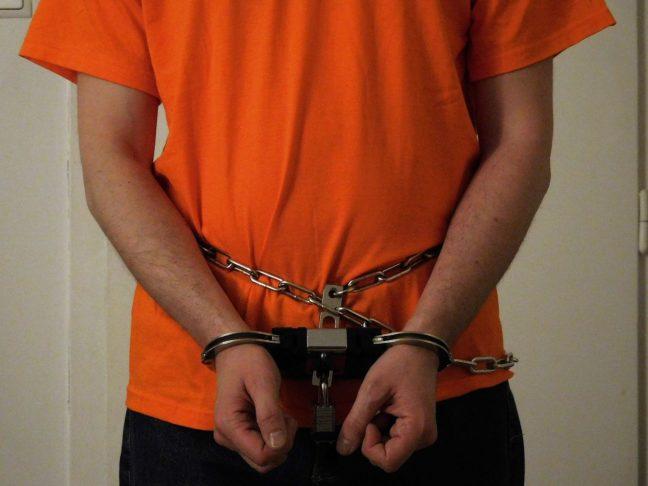Gov. Tony Evers issued a set of pardons to four ex-convicted criminals, marking the first time in nine years that a pardon has been issued in the state of Wisconsin.
The pardons were issued to Eric Pizer, Kevin Sorenson, Mwangi Vasser and Steven Nichols, Oct. 7.
Evers said in a press release that the four individuals who were granted pardons should be forgiven for their minor crimes and that a pardon could significantly impact the course of their lives.
“Mr. Nichols, Mr. Pizer, Mr. Sorenson and Rev. Vasser have paid their debt to society, made amends, and contributed to their communities,” Evers said. “I believe they deserve a second chance.”
The decision came four months after Evers reinstated Wisconsin’s pardons board June 11. Though pardons were common in both parties prior to the administration of Republican ex-governor Scott Walker, Walker stalled the process by not issuing a single pardon during his eight-year term, according to the Milwaukee Journal Sentinel.
The pardoning process is not one that is unique to the Evers administration, University of Wisconsin political science professor Barry Burden said.
“Prior to Scott Walker taking office, governors in Wisconsin regularly used their pardon powers,” Burden said. “Evers making use of the power eight months into his term is well within the norm of action on pardons by governors who came before Walker.”
Out of the four men who were granted pardons, two were previously convicted of drug-related crimes, according to the Associated Press. Sorenson was convicted of a felony for selling ecstasy at age 17, while Vasser was arrested for selling cocaine at age 19.
Throughout the late 1990s and early 2000s, the time period in which the men were convicted of the crimes, the United States was grappling with the “war on drugs,” which led to strict policies and harsh sentences regarding drugs during the time. According to Politifact, the war on drugs led to a 500% increase in incarceration in the U.S.
Burden said many now believe such policies were too harsh and consequently resulted in unfair sentences and overcrowding of prisons, as well as financial instability. In a sense, pardons could help alleviate such issues.
“The public has softened their views on the treatment of people found with small amounts of illegal drugs, especially marijuana,” Burden said. “Wisconsin’s marijuana laws are not likely to be changed in the near future because of opposition in the legislature, so pardons might be a way to demonstrate the value of releasing people with drug convictions.”
The other two ex-convicted criminals, Pizer and Nichols, were arrested on other terms. Pizer was convicted of substantial battery after becoming involved in a bar fight at the age of 22. Nichols, on the other hand, was convicted of felony burglary and misdemeanor criminal damage to property after attempting to steal cigarettes and alcohol, as well attempting to throw a party in an alfalfa field at the age of 21.
Evers’ decision to pardon the four individuals came just a week after convicted felon Brendan Dassey wrote a letter to Evers asking to be granted commutation of his life prison sentence.
Dassey, who was featured on Netflix’s 2015 documentary series “Making a Murderer,” was convicted of assisting in the murder and sexual assault of a woman by the name of Teresa Halbach at age 17, according to the New York Times. Now 29, Dassey is seeking clemency for his actions.
In support of Dassey, reality TV star Kim Kardashian retweeted his letter on Oct. 2, asking Evers to read the letter in the tweet. However, a representative for Evers told TMZ that her support would have no influence on his decision.
While it is still undetermined whether Dassey will be pardoned, Dassey’s request violates the terms of the pardon application, which says applicants must have already completed their prison sentences.
Pardons bring the opportunity to reframe Wisconsin’s criminal justice system
“We’ll deal with it just like we do any communication we receive,” Evers told the Associated Press. “We give consideration to all sorts of things that we reject. Whether there’s criteria or not, we’ll consider it and respond back to them.”













